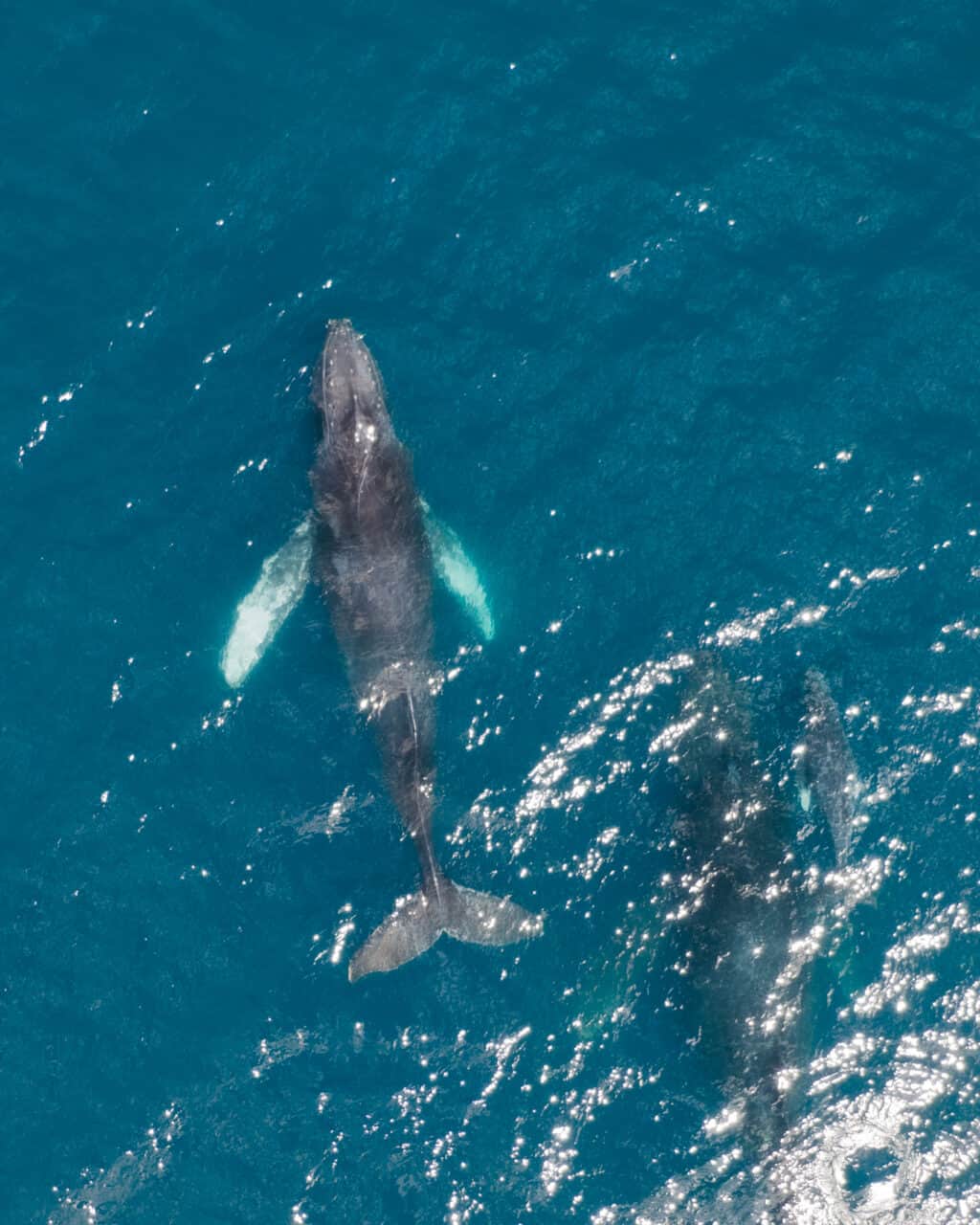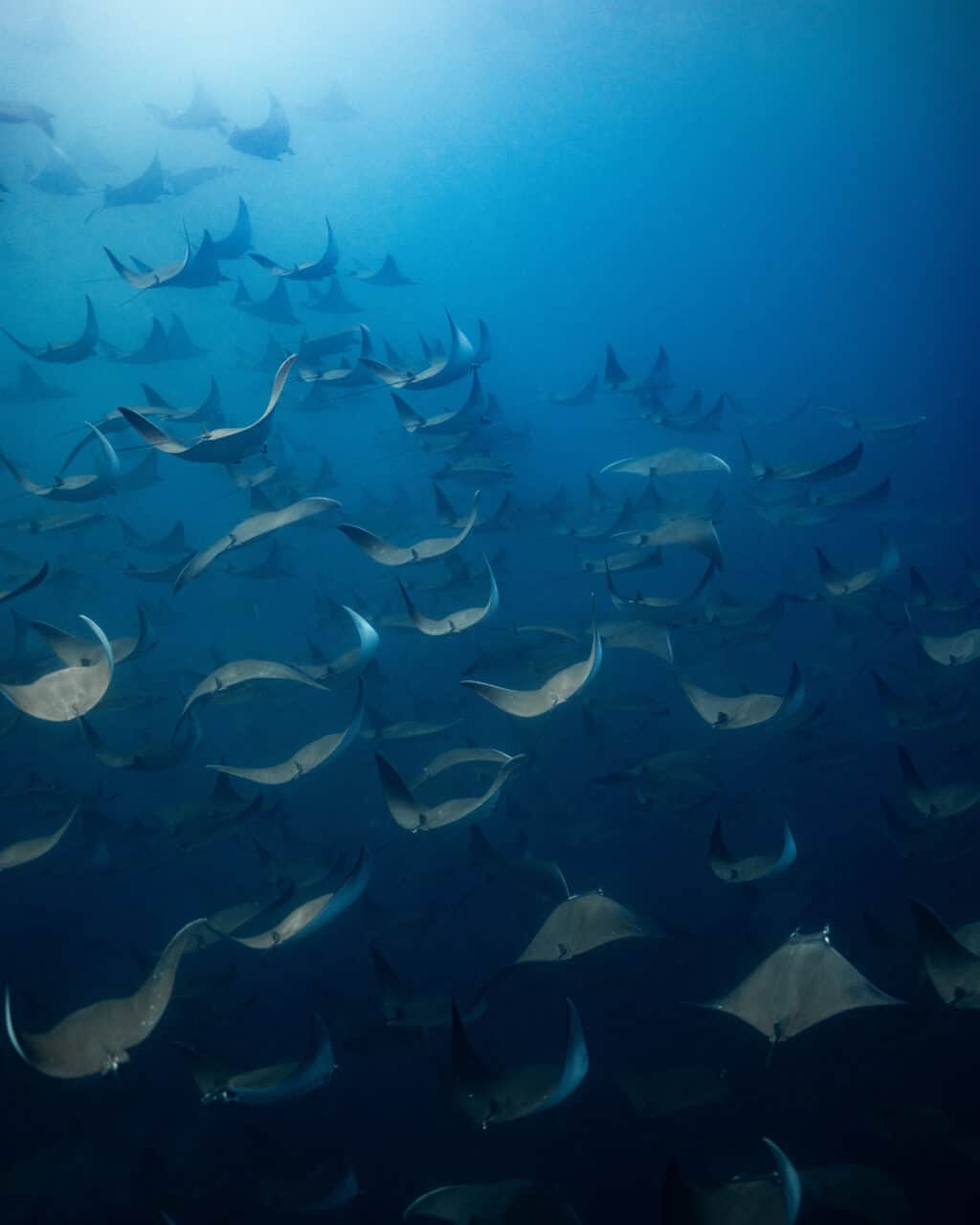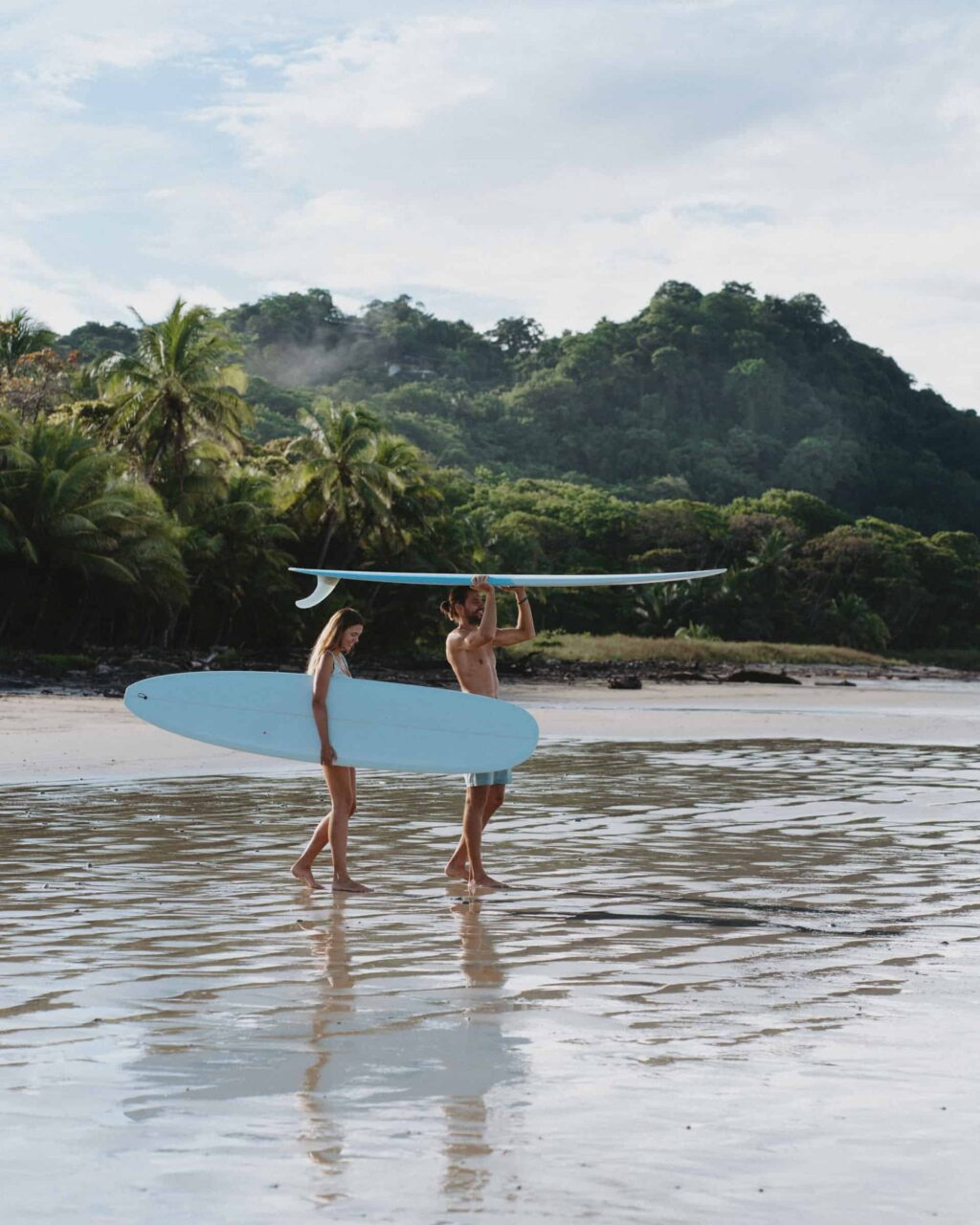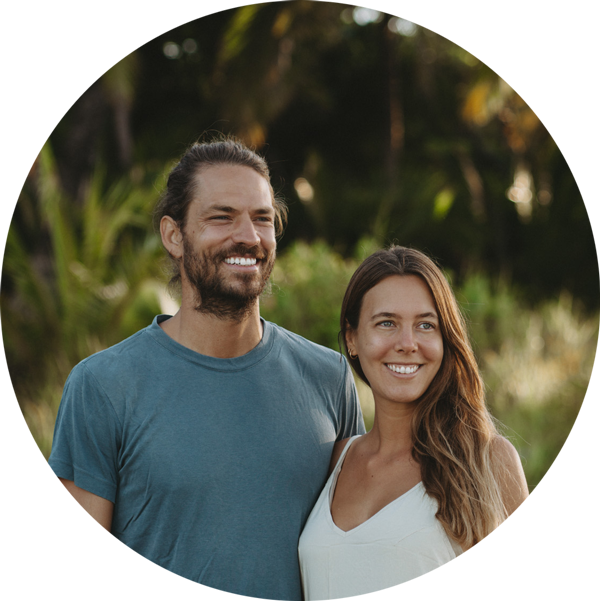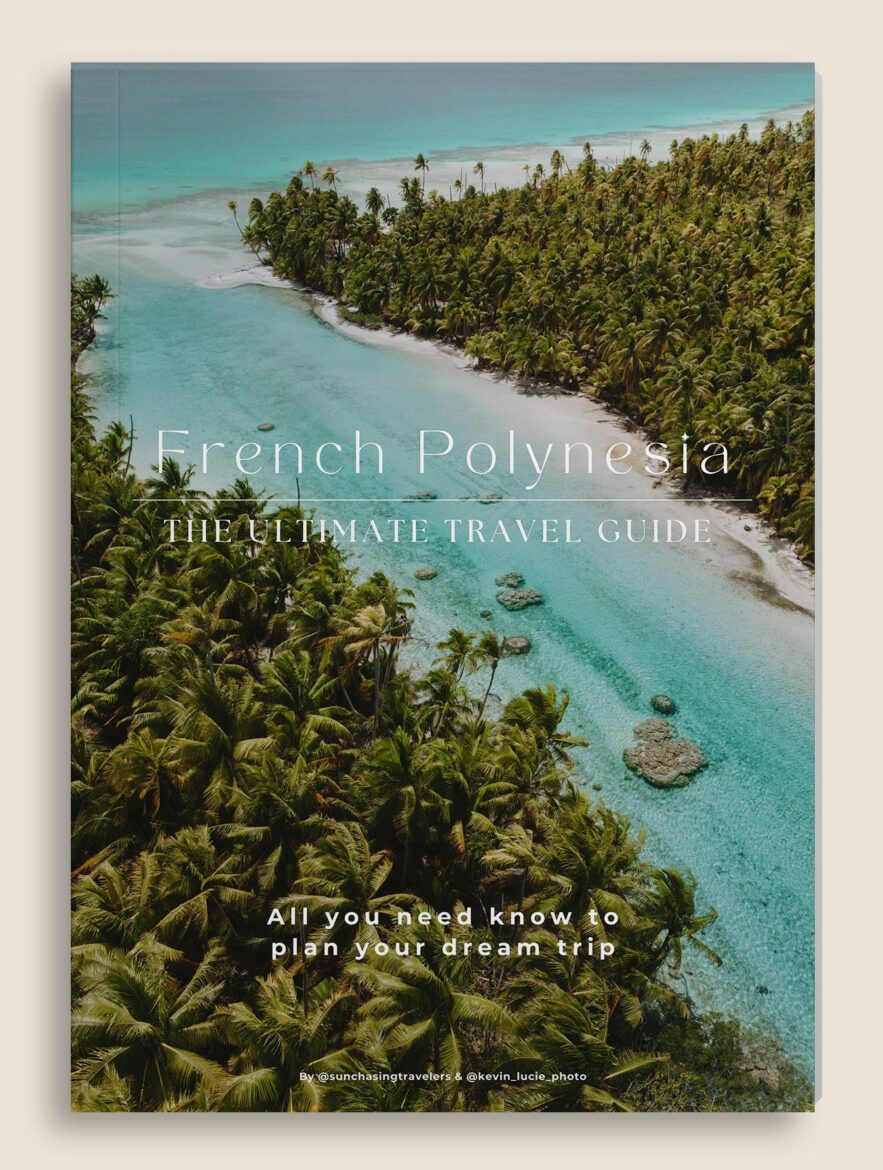Our reefs are one of the most important ecosystems of our planet. Over 50% of the world’s coral reefs have died in the last 30 years, and up to 90% may die within the next century. This leads to habitat loss for many marine species; for example, nearly one-quarter of the world’s dolphin species are threatened with extinction. But the reefs are not only important for the ones that are living in the ocean; it’s also essential for us humans to survive. They generate half of Earth’s oxygen and absorb nearly one-third of the carbon dioxide.
But not only are our oceans such an important ecosystem, they are also so beautiful, mystical, and are home to some of the most fascinating and interesting animals. Imagine how beautiful huge whales, gentle manta rays, and playful dolphins are moving through the blue waters; remember the wave’s sound and the salty feeling on your skin. Think of all the colorful fishes and corals. How sad would our world be if we would lose all of this!?
The oceans are so valuable in many, many ways. That is why it is so important to do everything that is in our power to protect them. In this blog post, we share the easiest swaps and the best things to help save our oceans.
1. Adopt a Coral
We love the many projects planting corals and restoring reefs all over the world. Coral reefs are like the rain forests of the ocean. They are home to many marine species, and besides that, they play a big role in producing oxygen and absorbing carbon dioxide. Unfortunately, Corals are dying worldwide because of rising ocean temperatures, pollution, ocean acidification, and overfishing.
We are big fans of the Coral Gardeners that are planting corals in French Polynesia. They find out which coral types are more resistant and survive the current circumstances, so-called super corals and plant them. You can adopt a coral on their website to support their amazing work and get a certificate. We think this can also be a nice gift for someone to plant a coral for them. You can name your coral.
You might even find a project near you that you can support. We had the opportunity to visit a coral planting project while we lived in Bali.
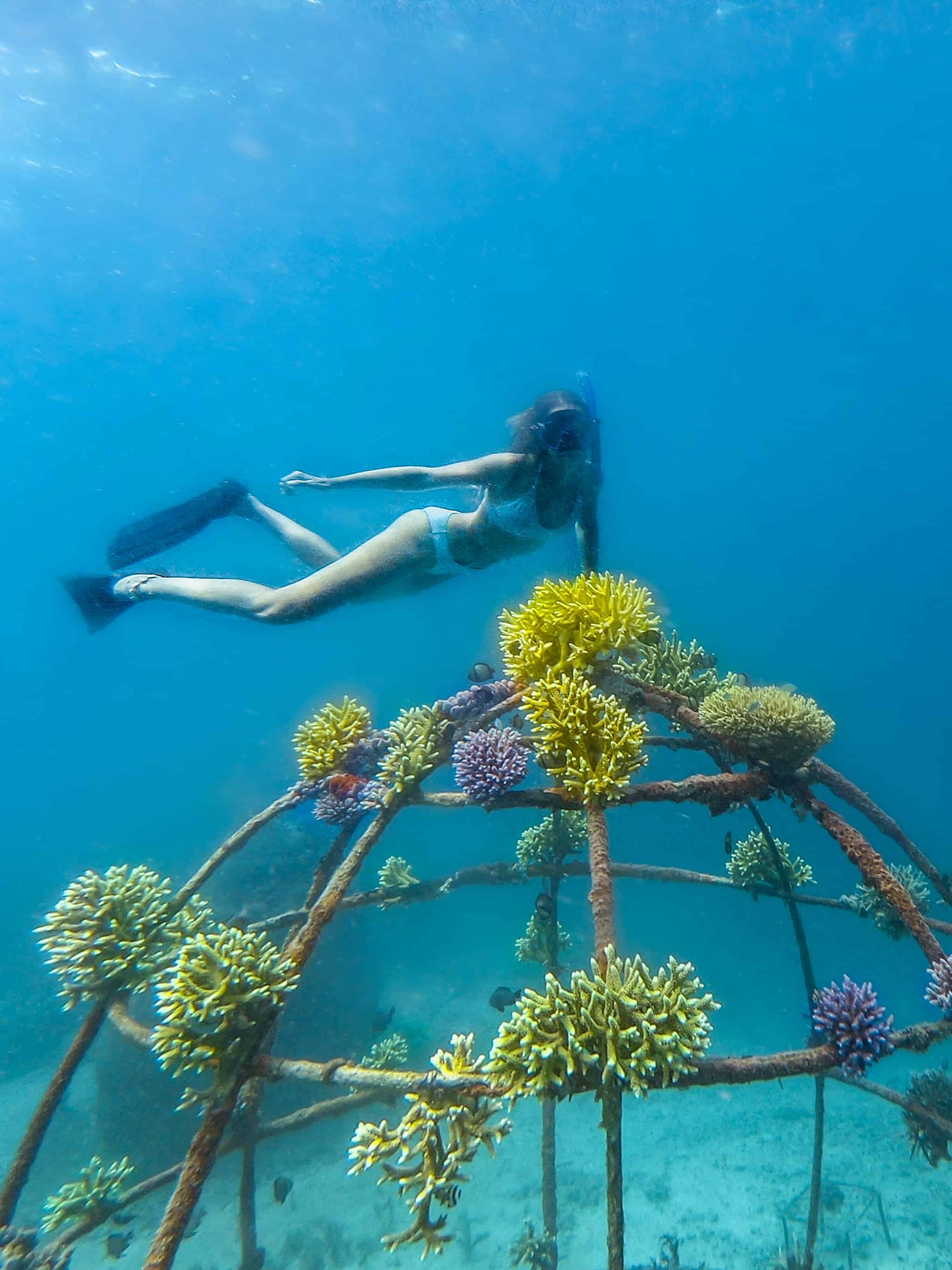
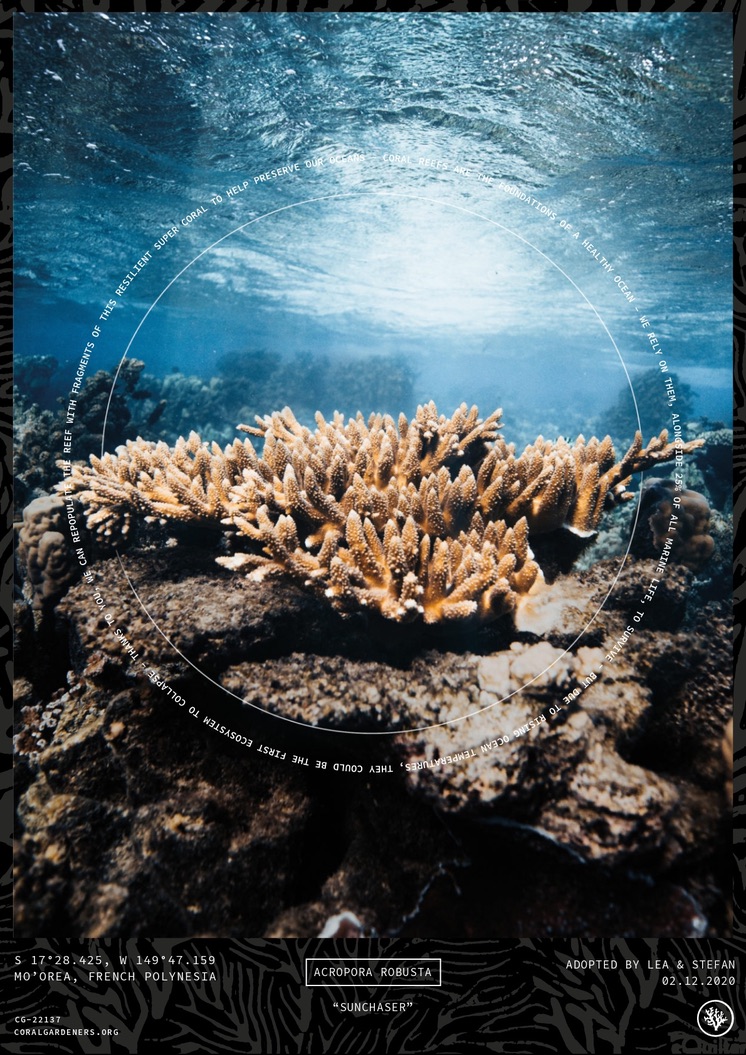
2. Use a reef-friendly sunscreen
About 63% of the ingredients of conventional sunscreen are harmful to our health and the environment. Especially the reefs are suffering from the chemicals that we bring to the water using these sunscreens. It’s about 14 million kilos of sunscreen that end up in the world’s ocean every year, which causes coral bleaching. So if you buy your next sunscreen, make sure it is one that is reef-friendly. That means it is free from synthetic chemicals, preservatives, and perfumes. Also, it is significant for the reef that the Mineral UV filter is a Non-Nano Zinc Oxide.
3. Get a Guppyfriend to reduce Microplastics
Honestly one of our favorite things we ever bought is our Guppyfriend. Microplastics are tiny pieces of plastic that are in the water and often not visible to our eyes. They pollute the oceans and can also be found in the tap water of several countries. Furthermore, fish from the sea are often full of microplastic, which gets eaten by people. In fact, an average person eats a credit card of Microplastics each week. Microplastic is a huge global environmental problem.
More than one-third of microplastic is coming from clothing that people wash in the washing machine. All materials like polyester, nylon, and other synthetic fibers lose microplastic particles with every washing, which doesn’t stop after years of wearing them. These small pieces of plastic don’t get filtered out of the water in our wastewater treatment plant and end up in all different waters like rivers, lakes, and the ocean. According to a study by the University of California at Santa Barbara, a city the size of Berlin releases a wash-related volume of microfibers equivalent to approx. 500’000 plastic bags – every single day.
That is why we love our washing bag from Guppyfriend where we can put all our swimwear, underwear everything that contains polyester or elastane inside and it keeps the microplastics back.
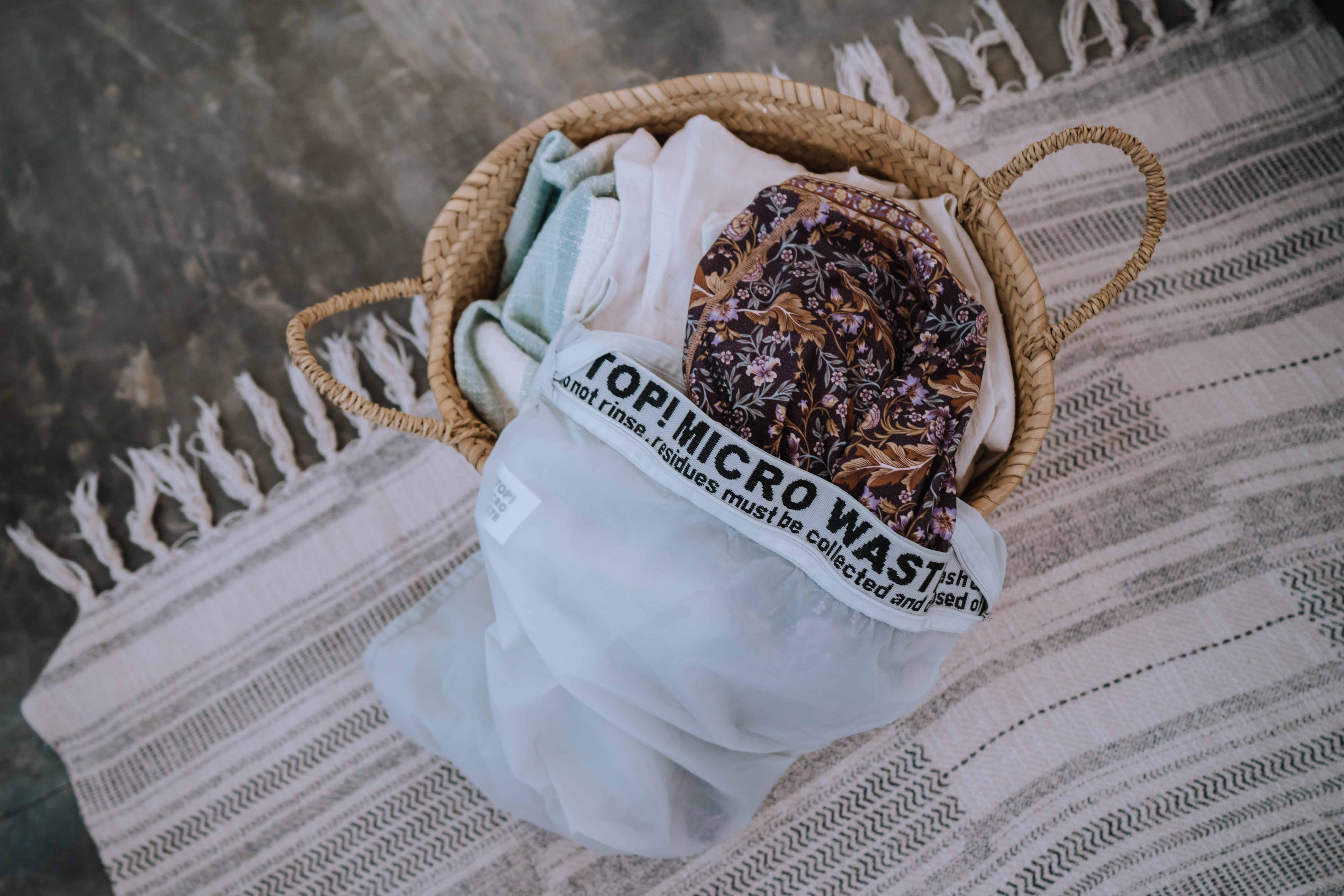
4. Use a water filter or filter bottle to skip PET
We all need to drink water every day and wherever we are. But there are 1 Million plastic bottles thrown away every minute, and over 60 Million of these are ending up in landfills every single day. In most countries of the world, it is unfortunately not yet possible to drink water from the tap. But buying water in plastic bottles is really bad for the environment as well as for other people. Usually, the big industries are taking the water to sell in countries where it’s much needed. We don’t want to support any of this, so we decided never to buy bottled water again. But what to do instead!?
There are different kinds of brands you can buy water bottles with an inbuilt filter. We traveled with a bottle from Lifestraw for years and were always happy with it. But the filter has to be changed from time to time which generates plastic waste as well. We now have a self-cleaning filter bottle from Larq. It has an inbuilt water purification system that uses UV light to eliminate 99.9999% of harmful bacteria and viruses in 60 seconds. We are thrilled with this choice for our own health and the health of our beautiful planet.
Besides, there are amazing water filters you can get for your home. It might be an investment, but it will save you lots of money over time and is so much better for your health. Our body consists of over 60% water, and it’s so important for our system to work well. So let’s make sure that water isn’t poisoned with chemicals from plastic.
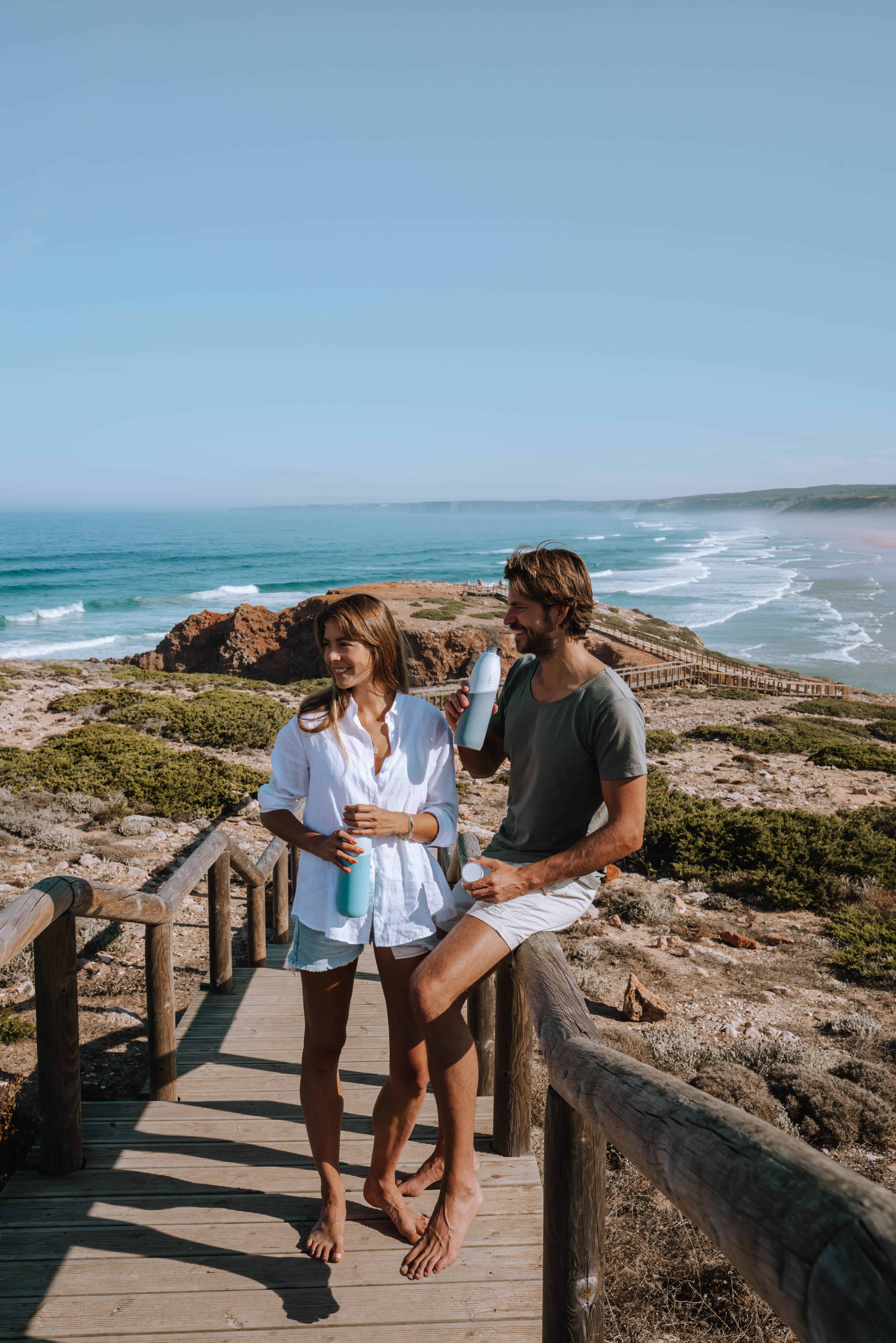
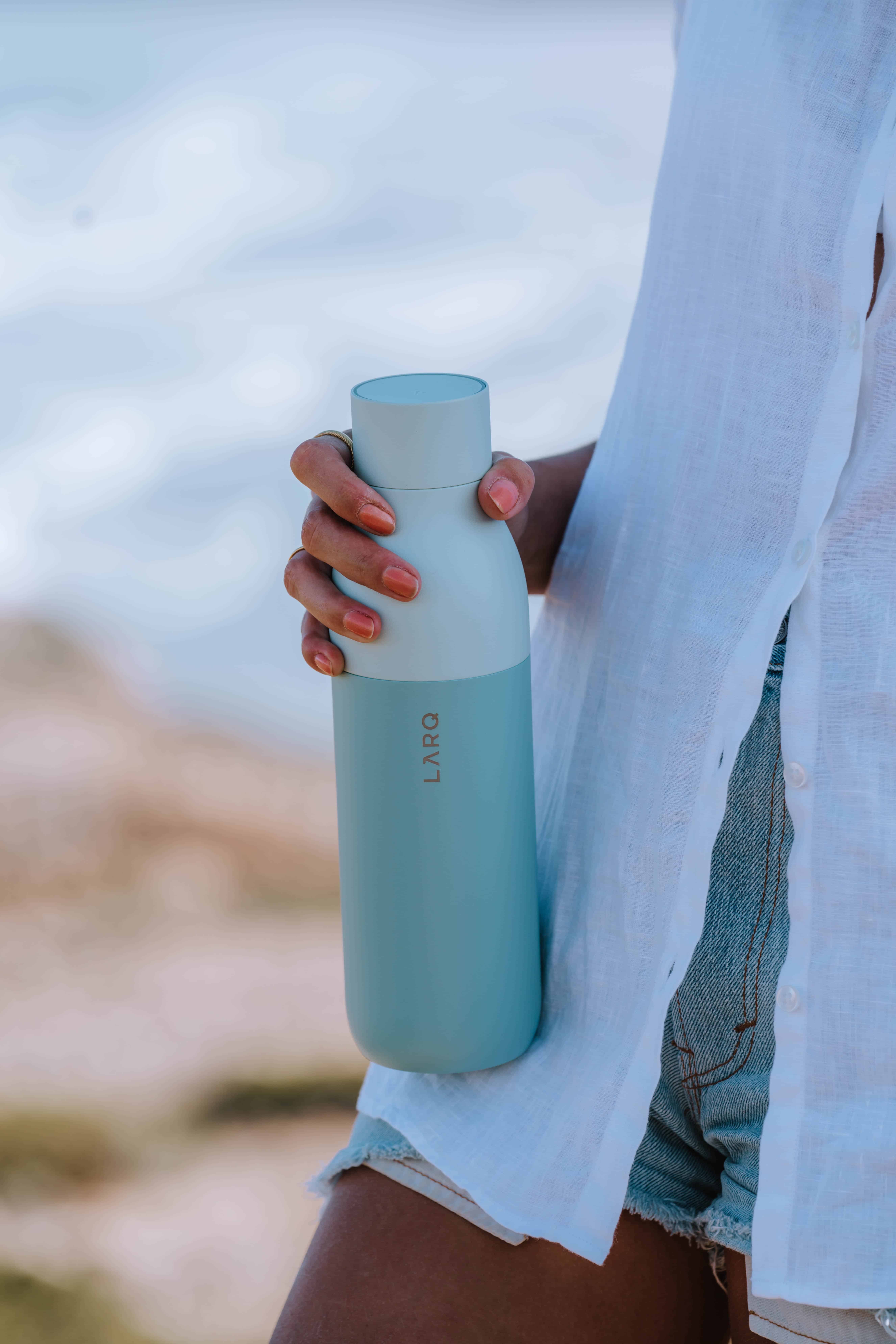
5. Go Vegan to save our oceans
Overfishing may be the biggest threat to our oceans right now. That is why going vegan or stop eating fish is such a powerful change to help to save our oceans.
The fishing industry wiped out 90% of the world’s large fish, and many dolphins, turtles, sharks, and whales are killed as bycatch. Fishing is, in fact, the greatest threat to all marine wildlife. Besides, bottom trawling that the big industries use destroys whole ecosystems underwater within minutes and releases as much carbon into the air as air travel worldwide.
In addition to that, a lot of the plastic pollution in the oceans is coming from fishing nets and other fishing gear.
Even the labels like “Dolphin Safe” can not control and guarantee that there are no other marine animals are killed by the fishing boats. So there is no way of eating fish sustainably. The best thing we can do is to let the ocean and wildlife populations recover. If you would like to know more we highly recommend watching the documentary Seaspiracy on Netflix.
6. Support Sea Shepherd
Sea Shepherd is an international, non-profit marine conservation organization that engages in direct action campaigns to defend wildlife and conserve and protect the world’s oceans from illegal exploitation and environmental destruction.
And we are huge fans of their work! Compared to other Ocean protection organizations, they are very active and are out there in the Ocean actually defending the endangered species from illegal fishing and hunting. Every time we see them working in several documentaries like Seaspiracy and Sea of Shadows, we are so impressed by their courage and work. This is why they are the organization we choose to donate for Ocean protection.
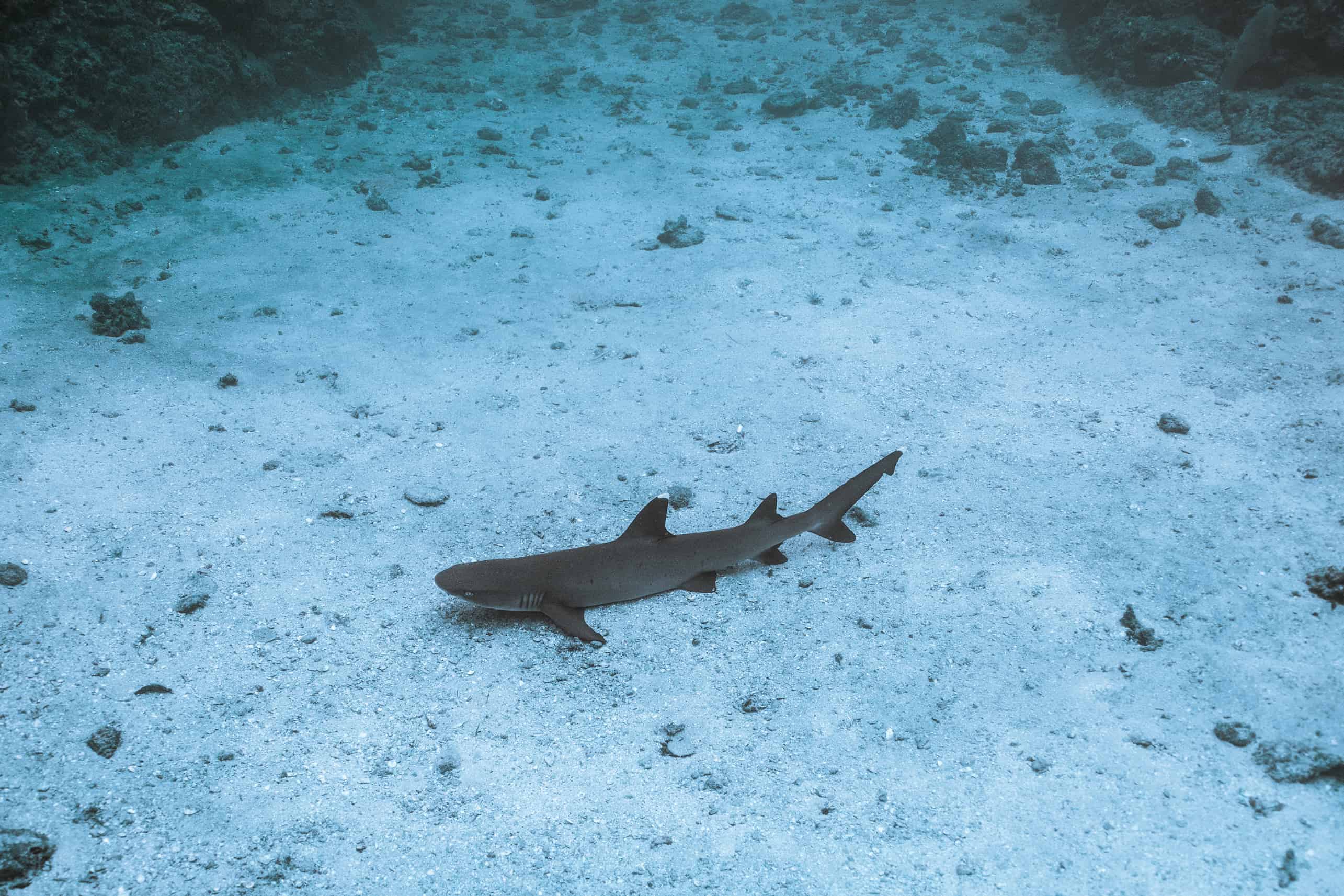
7. Go Plastic-Free to save our oceans
Plastic pollution, in general, is a big issue for our Oceans not only the PET bottles but all kinds of plastic trash that ends up in the Ocean. According to Greenpeace the equivalent of a truckload of plastic enters the oceans every minute. For that reason, it is best to avoid plastic as much as we can.
Plastic is made from fossil fuels and it can’t break down like our natural waste. It only breaks up and generate tons of Microplastics that are everywhere now. Plastic in the oceans kills animals and poisons the water. In the following blog post you can find 8 easy swaps to go plastic free in 2021.
8 easy swaps to go plastic free in 2021
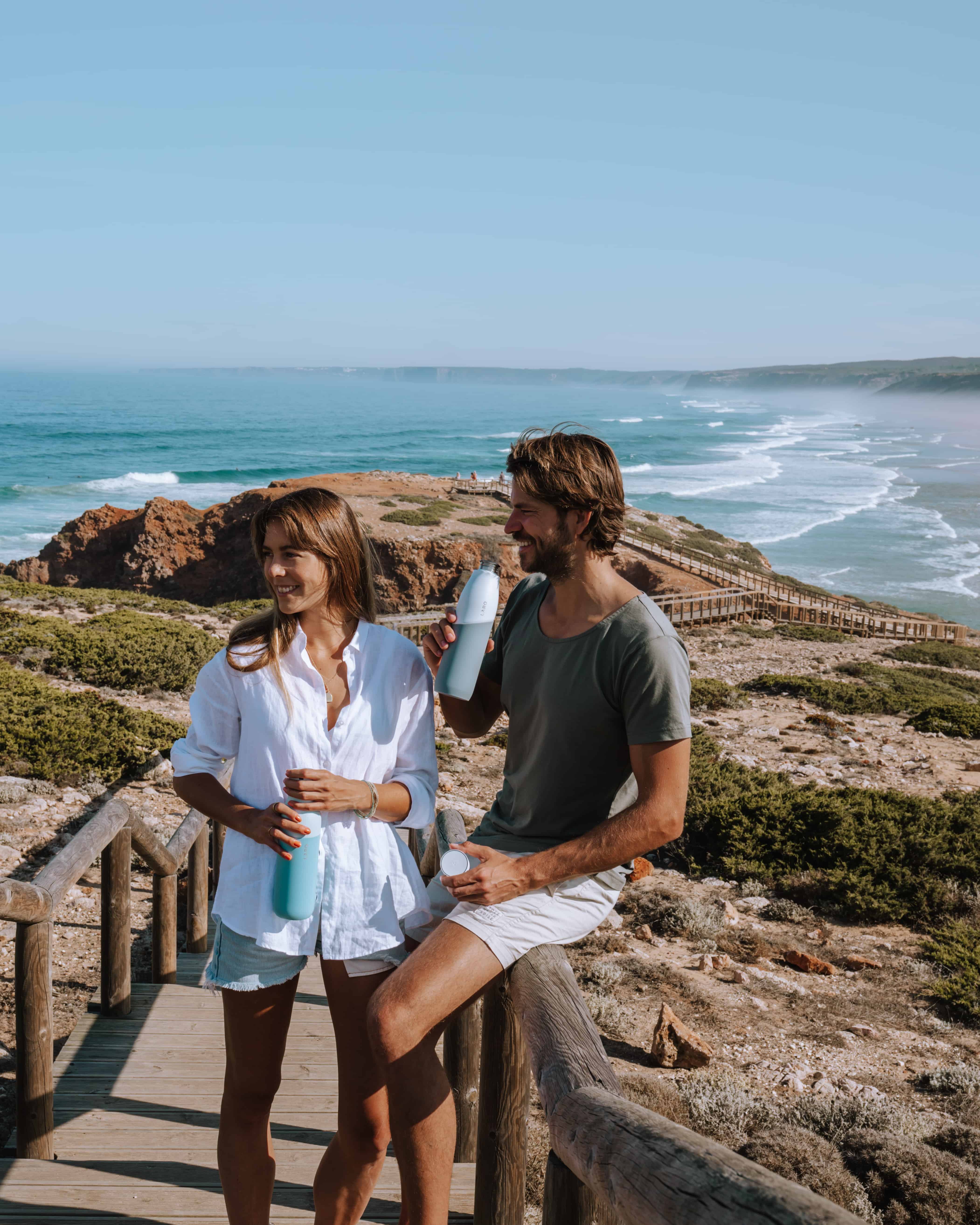
8. Pick-up three for the sea (or more)
As we mentioned above plastic pollution is one of the main issues that our Oceans are suffering. Plastic in the Ocean is life-threatening for many marine animals that get trapped in nets or plastic bags, or swallow pieces of plastic. Besides it, the toxicity of plastic is poisoning the water. “Pick up three for the sea” is a global movement that encourages people to pick up at least three pieces of plastic when they leave the beach. We love this kind of movement and always take whatever plastic we can carry. Usually, we have a bag with us to put the plastic in there. Another great thing is to organize a beach clean-up with friends or to attend an already organized beach clean-up for example from 4Oceans.
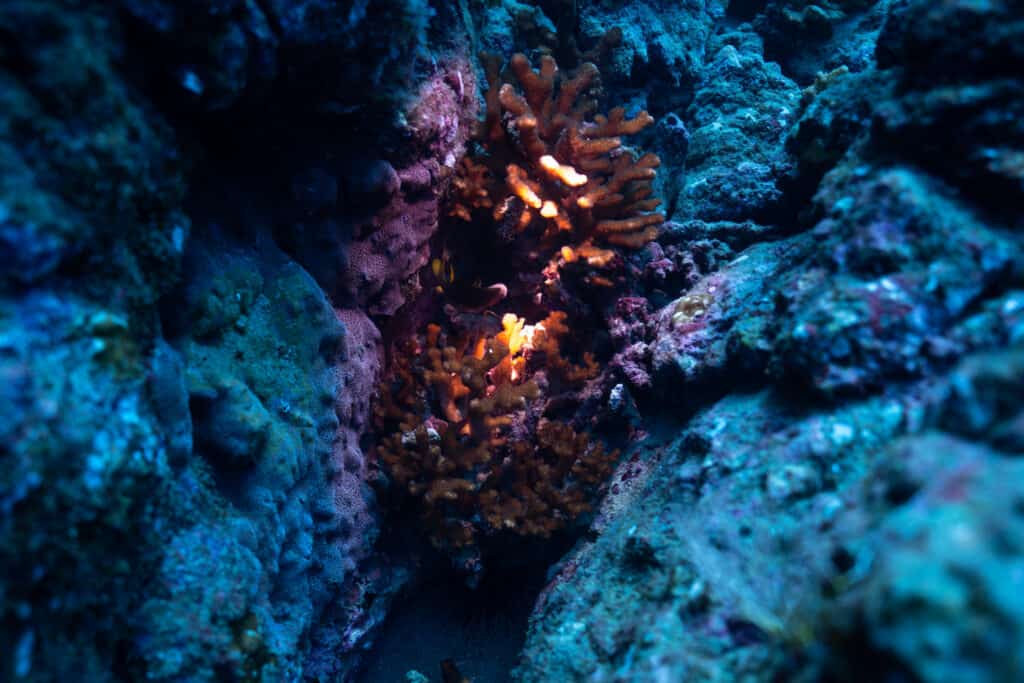
Conclusion
The oceans should be everyone’s concern because there will be no life for us, humans, with a dead sea. It is estimated that the oceans will be empty by 2048. We know these numbers are a guess and may not be accurate, but the fact that we may completely destroy all life in the oceans is shocking for us. The oceans are the biggest carbon absorber on the planet, and letting them recover will help us humans so much. That is why we believe the only thing we as humans can do is to start protecting them and doing everything in our power to help.
